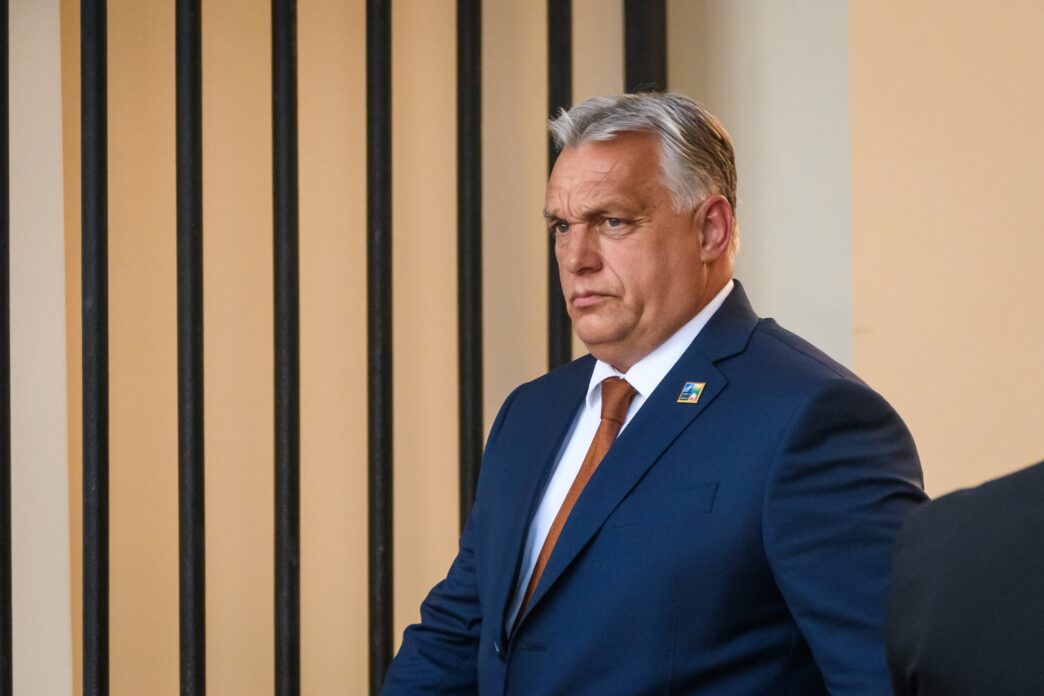Executive Summary
The Story So Far
Why This Matters
Who Thinks What?
Hungarian Prime Minister Viktor Orbán announced on Friday that his government intends to take the European Union to the European Court of Justice over its recent decision to phase out Russian gas imports by the end of 2027. Orbán condemned the measure as an “unlawful solution contrary to European values,” arguing it constitutes a trade policy measure requiring unanimous consent, rather than a sanction.
Legal Challenge to EU Energy Policy
The Hungarian authorities had been considering this legal challenge last month, following the EU’s agreement to reduce remaining gas imports from Russia. Hungary and Slovakia were the only two member states that reportedly did not support the latest move.
Orbán stated that the EU decision was chosen “to shut down a national government that disagrees with it.” He elaborated that while sanctions require unanimity in EU voting, a majority decision is sufficient for trade policy, implying the EU incorrectly classified the measure.
Hungary’s Energy Dependence and Alliances
Hungary, considered the Kremlin’s closest ally within the bloc, remains heavily reliant on Russian energy imports despite Russia’s invasion of Ukraine in 2022. Budapest has previously utilized its veto power to secure exemptions from EU sanctions targeting Russian energy.
The nationalist Prime Minister also indicated he was “looking for other, non-legal” means to dissuade Brussels, though he declined to provide further details at this time.
US Sanction Waiver Claims
Orbán further claimed to have secured a US sanction waiver last week during a meeting with President Donald Trump. Trump had imposed sanctions on Moscow’s two largest oil companies in October.
While US officials, including Secretary of State Marco Rubio, indicated the waiver granted to Budapest was a temporary, one-year exemption, Orbán insisted it would remain in effect “as long as Donald Trump is the president of the United States and there is a national government in Hungary.” He characterized this as a “personal agreement between two leaders,” dismissing bureaucratic specifics.
Broader Disputes with Brussels
Hungary has a history of frequent disagreements with Brussels, particularly concerning issues related to the war in Ukraine. The central European country has notably refused to provide military aid to Ukraine and opposes Kyiv’s bid for EU membership, arguing it could draw Hungary into the conflict.
Key Takeaways
Hungary’s decision to pursue legal action against the EU over Russian gas imports underscores Budapest’s continued divergence from the bloc’s collective energy strategy and its unique diplomatic engagements with global figures like President Donald Trump. This move highlights ongoing tensions within the EU regarding energy security, sanctions policy, and member state autonomy.








